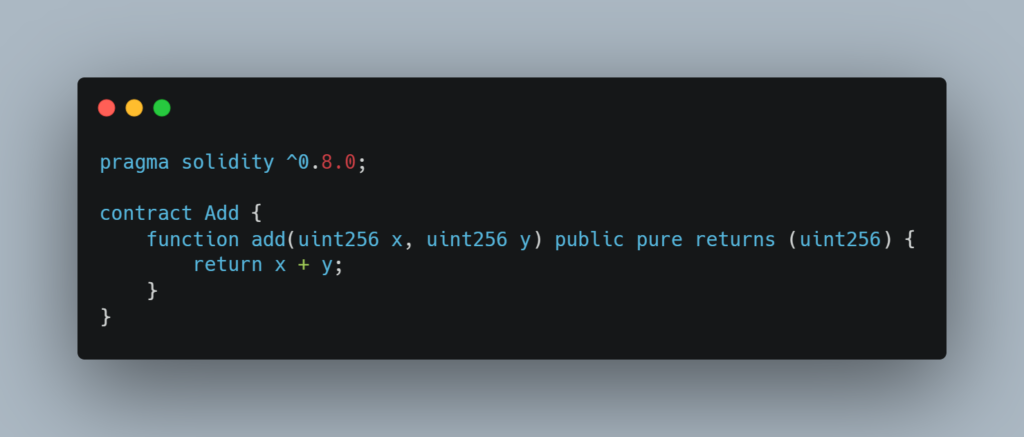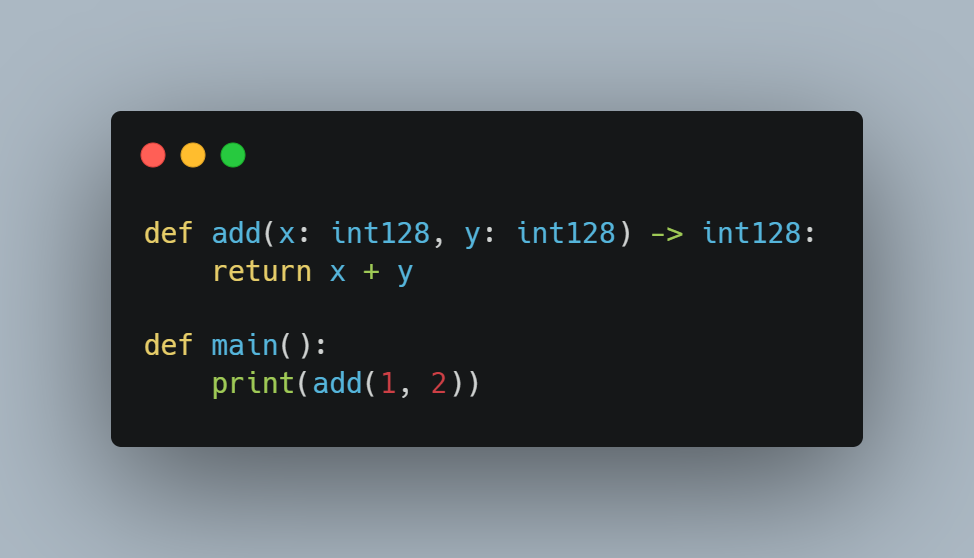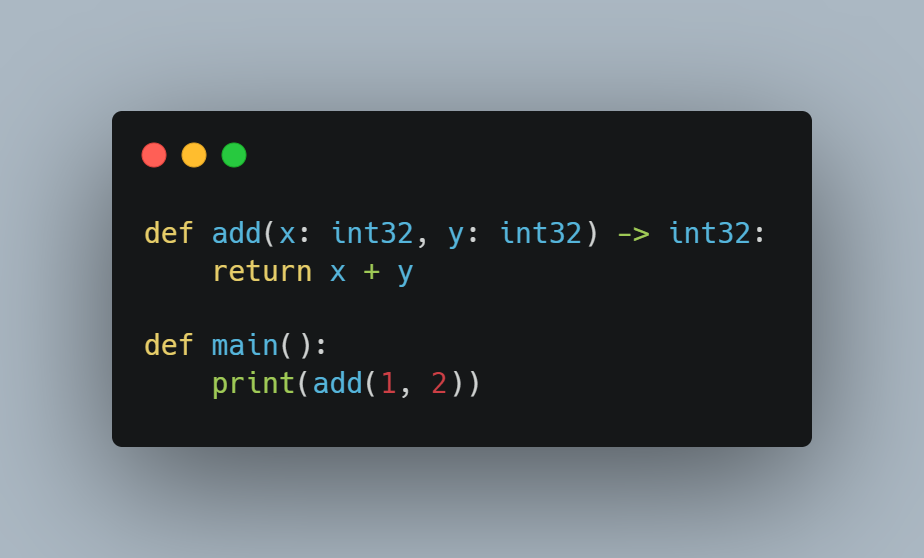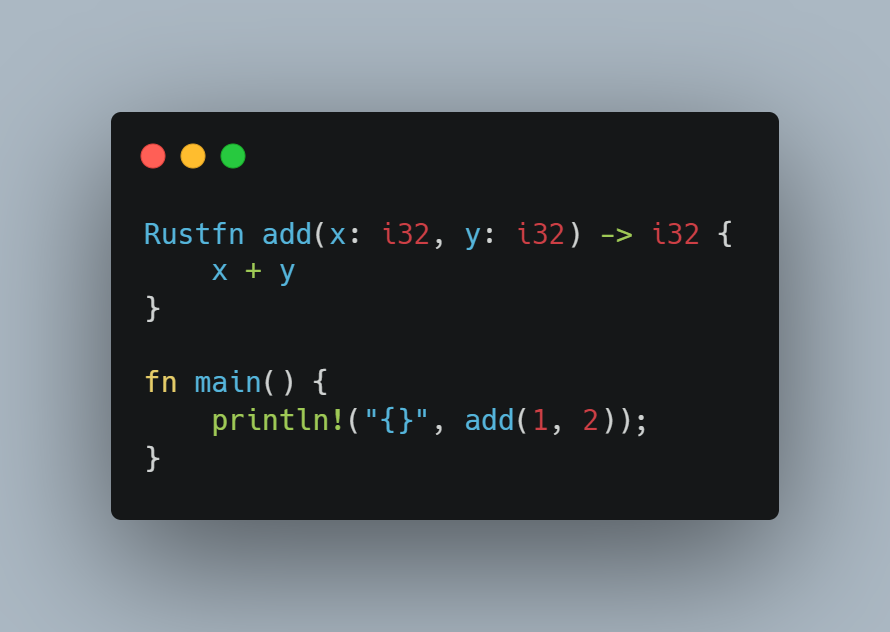The demand for developers is surging.
Everyone talks about blockchain, decentralized finance, smart contracts, and cryptocurrencies. However, is it even possible to think of all of these without the developers who have built them?
“Write once, run everywhere.”
To fulfill this promise of blockchain technology, developers must write the codes with a lot of precision and dedication, irrespective of the programming language they choose from the long list of smart contract programming languages.
With the help of smart contracts, it is possible to carry out all kinds of transactions on the blockchain. One common thing in all smart contracts is that they are written in code. The programming languages might vary, depending upon which blockchain you’re writing the code for.
Are you curious about which programming languages to use to build smart contracts? In this blog, we will discuss the five programming languages that are the top picks of our developers for writing codes. So, let us begin!

ImmuneBytes is a pioneering smart contract audit company with a prolific panel of erudite developers and auditors.?
Having expertise in this domain for many years, we have tried our hands over different programming languages for various blockchains. Among them, we’ve selected a few of our top programming languages listed below.
These are:
Solidity
Table of Contents
It is an object-oriented, high-level programming language that Alex Beregszaszi, Christian Reitwiesner, and other Ethereum blockchain development contributors developed.
Solidity draws inspiration from languages like JavaScript, C++, and Python. It targets the Ethereum Virtual Machine (EVM). Developers write codes in Solidity and implement smart contracts on different blockchains, primarily on Ethereum and Binance.
The statically-typed programming language supports complicated user-defined types, libraries, and inheritance.
Below is an example of a code made with Solidity for smart contract deployment.

Solidity is the first programming language that was developed to deploy smart contracts. Gradually, people started using it for developing other dApps.
Major Platforms that Support Solidity
- Ethereum
- Hedera Hashgraph
- Ethereum Classic
- Binance Smart Chain
- Polkadot
- Uniswap
- Zhcash
- Avalanche
- Tron
Vyper
It is a contract-oriented Python-like programming language that concentrates on Ethereum Virtual Machine (EVM). There are several contract-specific features in this, like global constants, notifiers for listeners, and custom global variables.
The main purpose of building Vyper was to address the security issues in Solidity. It did not want to replace Solidity; rather, it wanted to complement Solidarity.
It is more secure and simpler to audit as compared to Solidity. As a result, it has fewer features and does not support modifiers, binary fixed points, inheritance, infinite-length loops, inline assembly, recursive calling, function, and operator overloading.
The Main Objectives of Vyper
- Offer better security
- Limited support for pure functions
- Language and compiler simplicity
- Small and understandable compiler code
- Improve code auditing
- Strong typing
- Decidability
- Improved bounds and overflow checking are possible, especially for arithmetic and array operations.
- Support for fixed-point decimal values and signed integers.
Below is an example of a code made with Vyper for smart contract deployment.

Cairo
Cairo is a programming language that is used for writing provable programs. When a Cairo program is executed, a trace is created that can be submitted to an untrusted provider in order to generate a STARK test for the accuracy of the statement or computation the Cairo program is representing. Then, a verifier can be used to verify the proof.
STARKs’ power can be used by all blockchain developers thanks to a Turing-complete language. It is efficient- The creation of proofs is made efficient using builtins and field elements. Cairo-based systems are production ready. They are now being produced on the mainnet of Ethereum.

Rust
Rust is a low-level programming language that is loved by a lot of people. It is simple, has a high processing speed, and has efficient memory.
Writing program in this language is easier because you can edit/correct them whenever there is a need. Currently, Solidity is used to build most of the significant blockchains today. However, if you wish to create smart contracts on Solana, you have to use Rust.
Below is an example of a code made with Rust for smart contract deployment.

Platforms that Support Rust
- Aleo
- Stacks 2.0
- Bitcoin Cash
- Polkadot
- Fuel
- Libra
- OpenEthereum
- Zero-chain
WebAssembly (Wasm)
WebAssembly, often known as Wasm, is a binary instruction format for a virtual machine with a stack-based architecture.
WebAssembly, often known as Wasm, is a binary instruction format for a virtual machine with a stack-based architecture. Wasm is intended to be a portable target for programming language compilation, enabling the deployment of client and server applications on the web.
It is efficient and fast, safe, open and debuggable, and is also a part of an open web platform.

Features of WebAssembly
- It is an improvement to JavaScript that gives the flexibility to implement your performance in a wasm and you can also import it like a standard JavaScript Module.
- It is a way for other languages to receive first-class binary support across the complete web platform stack.
- An AST (Abstract Syntax Tree) defined in WebAssembly code is represented in binary form. You may author and debug in a readable text format.
- Since browsers will be able to comprehend the binary format, we can generate binary bundles that compress more efficiently than the text JavaScript we currently employ. Faster delivery results from smaller payloads. Depending on opportunities for compile-time optimization, WebAssembly bundles might even execute more quickly than JavaScript!
Additional Read: How to audit Smart Contract?
Bottom Line:
Depending on the blockchain you wish to work on, you should utilize one of the programming languages from the list above. For instance, for the Ethereum blockchain, Solidity is the language of choice for the majority of developers.
But this was our auditor’s take on the 5 top smart contract programming languages.

